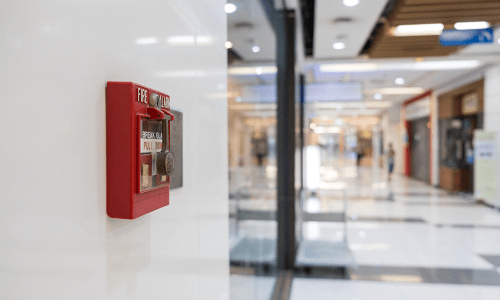
1.6.22 – SSI
The Billings City Council voted to institute a $250 fee for businesses that elicit three or more false alarms in the course of a year.
Businesses here deemed responsible for repeat false alarms that draw a police or fire department response will be fined by the city, located in southern Montana on the Yellowstone River.
Billings City Council voted unanimously in late December to institute a $250 fee for businesses that elicit three or more false alarms in the course of a year, the Billings Gazette reports.
The Billings Fire Department says it responds on average to 800 to 900 false alarm calls a year. The police department in 2021 says it responded to more than 1,600 false security system alarm calls. At its worst in 2018, public safety services were responding to three false alarms for every legitimate alarm call they received, the newspaper reports.
Responding to hundreds of false alarms every year draws resources away from genuine calls for service and can end up spreading public safety services, which already see high demand, too thin, public safety officials have said.
The ordinance is designed to curb the majority of these false alarms and was crafted with help from leaders in the fire and police departments and a committee of public safety officials, alarm company representatives and facilities managers from area businesses and Billings Public Schools.
The new ordinance will apply only to commercial businesses in Billings, which generate the majority of the false alarms. Fire Marshal Mike Spini explained that 25% of the false alarm calls police and fire services receive come from residential property owners, the newspaper reports.
The ordinance will give businesses two warnings before they face a fine, which is then triggered on the third false alarm. The fine for each false alarm will be $250, the hourly rate for a fully staffed fire engine. Money collected from the fines would go into the city’s public safety fund.
The warnings and the fines would be tied to individual properties and not the businesses themselves. So if a company has multiple locations and each of those locations kept sending false alarms to police or fire services then they would be fined multiple times.
The two warnings apply individually to fire alarm systems and security systems, meaning one location could have up to four warnings — two for each system — before the fine kicks in.
The majority of the false alarm calls come from faulty or malfunctioning systems, unintentional triggering of alarms, and swinging or hanging retail displays that trip motion sensors, the newspaper reports.
